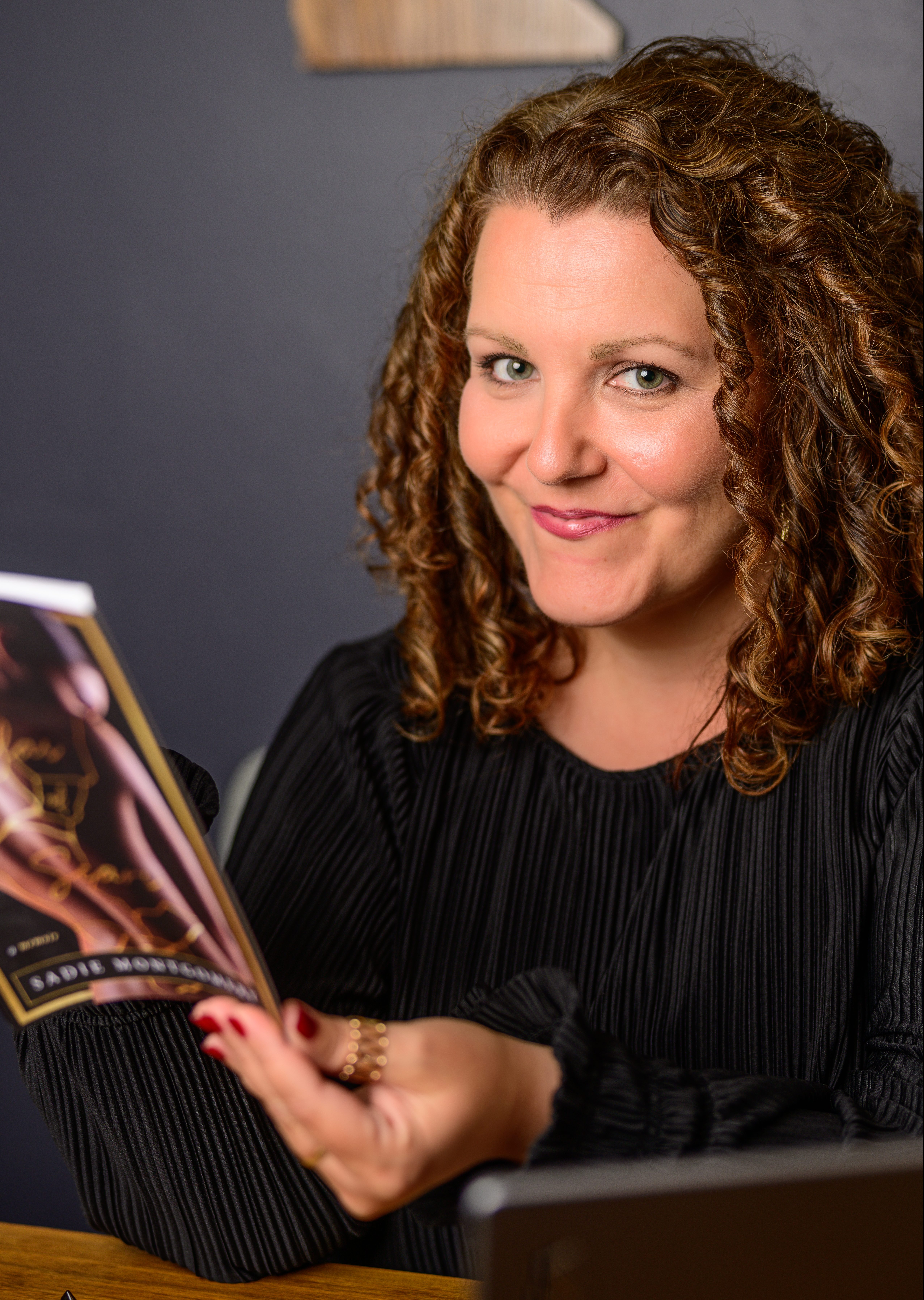“Mom,” Harper started, “Grandma Clare sent me a text inviting me to dinner at her house for my birthday. Is that weird that she only invited me and not all of us?”
Grandma Clare, my stepmother, is a narcissist. Over the past decade, I have set boundaries and distanced my family from her emotionally abusive behavior.
“It would be weird for the average person to invite their twenty-two-year-old granddaughter, who still lives at home with her father, mother, and younger sister, over for a birthday celebration while not inviting the rest of the family,” I acknowledged. “But unfortunately, it’s classic Grandma Clare behavior. She doesn’t typically consider other peoples’ feelings.”
“So, should I go,” Harper asked. “I’d like to see Grandma and Grandpa; it just feels strange going by myself.”
I encouraged my daughter to go to dinner and spend time with her Grandparents since she wanted to see them. Even though my stepmother was self-centered and manipulative, Harper’s had a decent relationship with them over the years, and I always fostered that for her sake. Harper was the first-born grandchild, so Clare was fond of her. Sadly, the novelty wore off when my second daughter, Abby, was born, and Clare has mostly ignored her.
When Harper came home from dinner, she had half a birthday cake.
“Grandma insisted I take the rest of the cake home,” Harper told us. “I told her no thank you a few times, but she pretty much forced me to take it.”
Harper filled me in on some updates about her cousins and said it was mostly an enjoyable time, with a handful of awkward silences. I smiled and told her that I was glad she enjoyed the dinner.
After Harper left the kitchen I looked at the half-cake sitting on the counter with a lump in my throat. Clare makes that cake for everyone, for every birthday. It was the cake I had for each of my birthdays throughout middle school and high school. And even though I am the one who opted to go low contact with that side of my family, looking at that cake brought me to tears.
It triggered a mix of emotions in me. I felt hurt and anger from being reminded of my tumultuous teenage years growing up without my own mother, who had passed away, and being raised by a stepmother who didn’t care much for me, to put it mildly. I also experienced resentment because I’d done a lot of work to heal and grow, putting boundaries in place to protect myself and my family, and it could all be shaken by something as absurd as a cake. I was surprised by grief, a sense of mourning the loss of my relationship with the family I grew up in.
My husband walked into the kitchen as I was about to leave, “Are you okay?”
I told him what was going on and said, “I don’t want Harper to see me upset, I’m glad she has a relationship with them. It just hurts to see that cake, the cake that was a part of the family that I used to be a part of, but I’m not anymore.”
Harper was coming back towards the kitchen and overheard us talking, and a few days later, she approached me. We talked about the cake and Grandma Clare.
“At first, I thought Grandma was just trying to be nice by having me take the cake home,” Harper said. “But after hearing you and Dad talk, I had a conversation with my friend Emma about it. You know Emma’s a psych major, right? She said it sounded like triangulation.” Harper went on to tell me she looked it up and read about how triangulation is used to play favorites and pit one person against another so that the manipulator feels a sense of control and supremacy.
“I think Grandma may have had me take the cake home on purpose to get to you,” she disclosed. “I know that sounds like a bit much, but I tried to tell her I didn’t want the cake, and she literally made me take it home.” Harper continued, “And then hearing how it did upset you made me think that may have been her intention. I know you don’t really talk to her anymore, so the only way she can bother you now is through other people. I’m sorry, Mom.”
“Harper, you have nothing to apologize for,” I reassured. “Her psychologically abusive behavior is the reason I opted for low contact all of those years ago. She tends to pull in her favored kids and grandkids close while snubbing the ones she doesn’t like as much. Sending you home with cake certainly could have been her way of showing me what I’m missing. Her using you to bring something home that would get a reaction out of me does sound like a triangulation tactic,” I admitted. “But it’s also a good reminder that we can engage with her if and when we want to, yet we do not have to succumb to her ploys of manipulation. Doing what we’re doing right now, communicating openly with each other, will hopefully shut down future attempts to influence us. Instead, we can dismiss them as her pitiful attempts to feel superior to others.”
Photo: jaison-lin-6OjROsQH4Qw-unsplash.jpeg
Guest Post Disclaimer: Any and all information shared in this guest blog post is intended for educational and informational purposes only. Nothing in this blog post, nor any content on CPTSDfoundation.org, is a supplement for or supersedes the relationship and direction of your medical or mental health providers. Thoughts, ideas, or opinions expressed by the writer of this guest blog post do not necessarily reflect those of CPTSD Foundation. For more information, see our Privacy Policy and Full Disclaimer.

Sadie Montgomery was born and raised in the Midwestern United States, where she currently resides on the shore of Lake Superior with her husband and children. She is the award winning author of Atlas of Scars, her debut memoir on Complex Trauma. “I write to connect with survivors, advocate for the community, and raise awareness.”




